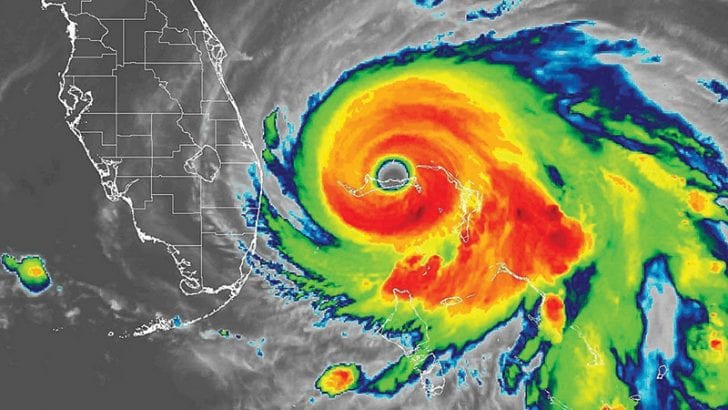We are officially into the 2021 hurricane season. Most of us that have owned boats for many years know the drill as we’ve had to prepare for a storm or two over the years. However, in the last year, approximately 40% of new and used boat sales were purchases made by first time boat owners. These folks may not be familiar with hurricane preparedness.
Are you and your vessel prepared and ready should a storm head our direction? Is the vessel insurance premium paid and current? Do you know what the deductibles are and if the policy has any warranties or special requirements? Some policies do not cover vessels when kept on a lift during a storm and some require the vessel to be hauled out of the water.
Most of us are familiar with these, but the following tips may be useful to folks that are new to boating in South Florida.
- Have a plan in place! Where will you be storing your boat? If you need to pull your vessel out of the water, don’t wait for the last minute to go to the ramp. If the vessel will be moved further inland to a safe haven, don’t wait until the traffic is too heavy and the bridges are closed. Once the bridges are closed, they will not open just for you.
- Lower your antennas and outriggers.
- Remove all soft goods such as cushions, eisenglass or curtains and loose chairs. Secure all doors and windows and hatches.
- Cockpit drains need to be free of any debris such as leaves, paper, plastic or rags.
- Check batteries and make sure they are fully charged. Turn off any devices that would drain batteries. Consider having a backup battery ready.
- Test and inspect all bilge pumps. It is critical that they are in working order.
- Fill up your fuel tanks.
- Vessels stored on trailers should be tied down and blocked. Use chocks under tires so the trailer will not roll.
- Vessels kept on a lift need to be secured with straps and extra lines.
- When tying up to a dock, keep lines higher on the pilings and allow some slack for tidal surges. Use chafing protection if any lines are subject to rubbing on a rough or sharp surface like a seawall. Make sure you have extra lines and fenders.
I’m a Florida native and lifelong boater. I’d welcome the opportunity to help get you dialed in on any of your marine insurance needs. Feel free to contact me via email at rick@lmufl.com or in the office at 954-678-2668.
Rick Gibbs, Agent
Lauderdale Marine Underwriters, Inc.
954-678-2668
www.lmufl.com


